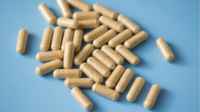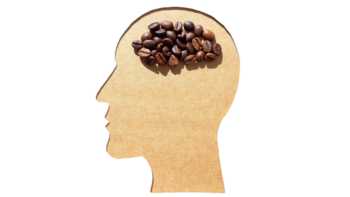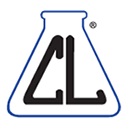
Answer:
Coffee beans, like many other agricultural crops and foods (oats, corn, peanuts, rice, wheat, cocoa, grapes etc.) are susceptible to contamination with mold. While some molds are harmless, others can produce substances called mycotoxins, such as ochratoxin A (OTA) and aflatoxin B1, which can be harmful.
Sign in as a member to find out if the amounts of molds and mycotoxins found in roasted and brewed coffees pose a health risk, and what to know when using coffee "pods." Specific brands discussed include Bulletproof, Danger, Death Wish, Equal Exchange, Isagenix, Lifeboost, Peet’s, Purity, Scout & Cellar, Subtle Earth, and The Bean Coffee Company.
Join today to unlock all member benefits including full access to all CL Answers and over 1,400 reviews.
Join NowAlready a member? Sign In Here.
Join now at www.consumerlab.com/join/












Nancy23983
October 18, 2025Some different types of coffee triggers my asthma and makes me sneeze I am
Allergic to black mold
Reply to this post…
Joe19842
June 25, 2024It would also be nice to know what levels of various plastic chemicals leaches into the coffee during the use of these pods.
 ConsumerLab.com
ConsumerLab.com
June 26, 2024You can find information about the risk of plasticizers leaching from from coffee pods here https://www.consumerlab.com/answers/is-drinking-coffee-good-or-bad-for-heart-health/coffee-heart-health/#plasticizer.
Meribeth19944
July 07, 2024I've always wondered how much plasticizers leach into coffee from the coffeemakers themselves--hot plastic and plastic tubing couldn't be good.
Michelle23711
September 04, 2025I wondered the same and decided to use a French press. A glass jar and stainless steel for the pressing mechanism.
Reply to this post…
Christine19833
June 24, 2024I use a Chemex pour over coffee maker that is made out of glass. It's low tech and very easy to clean.
Jurate19942
July 07, 2024For single cup of coffee, I love using a ceramic Hario Dripper with their paper filters over a clear double wall glass mug. Just rinse the dripper after use and coffee is already in mug to drink!
Reply to this post…
Lise19752
June 18, 2024What about coffee pods - such as those made for Nespresso machines? If you exceed the suggested shelf life - do they grow mold?
 ConsumerLab.com
ConsumerLab.com
June 25, 2024Great question! We've added information about this to the following section of our article: https://www.consumerlab.com/answers/is-it-true-that-most-coffee-is-contaminated-with-mold/mold-in-coffee/#coffee-pods-and-mold
Reply to this post…
John3474
March 04, 2015I have a Kerrigan 2.0 does anyone have any suggestions on cleaning it to avoid the mold problem?
Anthony3479
April 11, 2018If you are speaking of a machine similar to a Keurig, I add 2 drops of 35% food grade hydrogen peroxide. I calculated this amount to produce a final concentration between 100-300ppm which is safe to drink (also much of it is destroyed in heating). This prevents algae formation in the reservoir and hoses.
 ConsumerLab.com
ConsumerLab.com
April 19, 2018Hi Anthony - The NSF provides some guidance for cleaning coffee makers, found here: https://www.nsf.org/consumer-resources/articles/clean-germiest-home-items
Reply to this post…
MAX3470
March 04, 2015Is there a chance of mold in roasted coffee stored in the freezer compartment of the refrigerator for several months?
 ConsumerLab.com
ConsumerLab.com
March 09, 2015Hi Max - Just as with other foods, freezing coffee should de-activate mold spores (they won't grow), although it won't kill them.
Reply to this post…